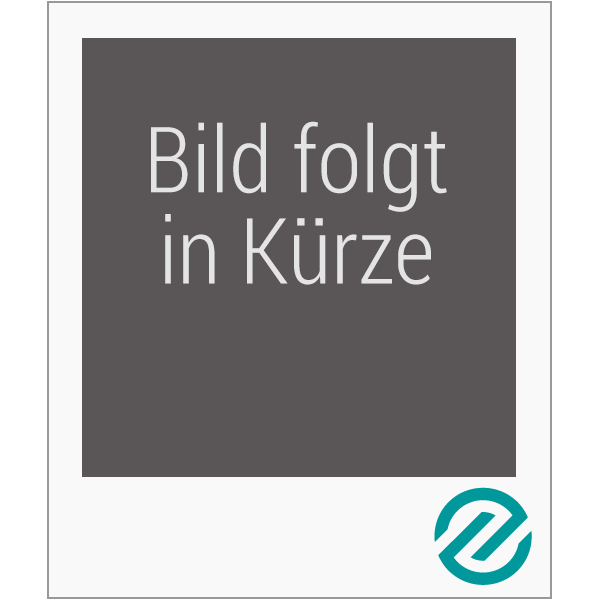This book examines the legal framework for integration provided by the EC Treaty, the Free Trade Agreement concluded between Sweden and the European Community in 1972, the European Agreement between Poland and the Community and the European Economic Area (EEA) Agreement. The examination is based not solely on traditional legal materials, such as treaties and legislative acts, court decisions and the academic literature, but also draws on a range of academic materials published by national governments and the European Union. Using these materials the book compares the operation of four types of legal frameworks for integration but also, with the assistance of the comparisons, explores underlying problems in the integration of the European Community and the Third States in Europe. In the case of many countries, notably those making up the former Soviet Union, membership of the Union does not appear to offer a feasible basis for their participation in European Integration processes, and so the construction of a mutually acceptable legal framework for close relations between such countries and the Community arguably presents one of the most serious and pressing problems to be tackled by European Law. Furthermore the construction of an appropriate framework depends on lessons being drawn from the operation from the existing or pre-existing frameworks governing relations between the Community and Third States. The same might be said in respect of plans for the creation of a Euro-Mediterranean area involving countries such as Algeria, Morocco and Tunisia.
This book examines the legal frameworks for integration provided by the EC Treaty, the Free Trade Agreement between Sweden and the EC concluded in 1972, the European Agreement between Poland and the Community and the European Economic Areas (EEA). The book not only compares the operation of four types of legal framework for integration but also, with the assistance of comparisons, explores underlying problems inb the integration of the European Community and Third States in Europe. In the case of many countries of the former Soviet Union, notably Russia, membership of the Union does not appear to offer a feasible basis for their participation in the European integration process, and so the construction of a mutually acceptable legal framework for close relations between such countries and the Community arguably constitutes one of the most serious and pressing problems to be tackled by Union Integration Law. The book is written for teachers and students of advanced courses in EU Law as well as for policy makers, officials and practitioners in the private sector whose work concerns relations between the Community and Third states.
This book examines the legal frameworks for integration provided by the EC Treaty, the Free Trade Agreement between Sweden and the EC concluded in 1972, the European Agreement between Poland and the Community and the European Economic Areas (EEA). The book not only compares the operation of four types of legal framework for integration but also, with the assistance of comparisons, explores underlying problems inb the integration of the European Community and Third States in Europe. In the case of many countries of the former Soviet Union, notably Russia, membership of the Union does not appear to offer a feasible basis for their participation in the European integration process, and so the construction of a mutually acceptable legal framework for close relations between such countries and the Community arguably constitutes one of the most serious and pressing problems to be tackled by Union Integration Law. The book is written for teachers and students of advanced courses in EU Law as well as for policy makers, officials and practitioners in the private sector whose work concerns relations between the Community and Third states.

